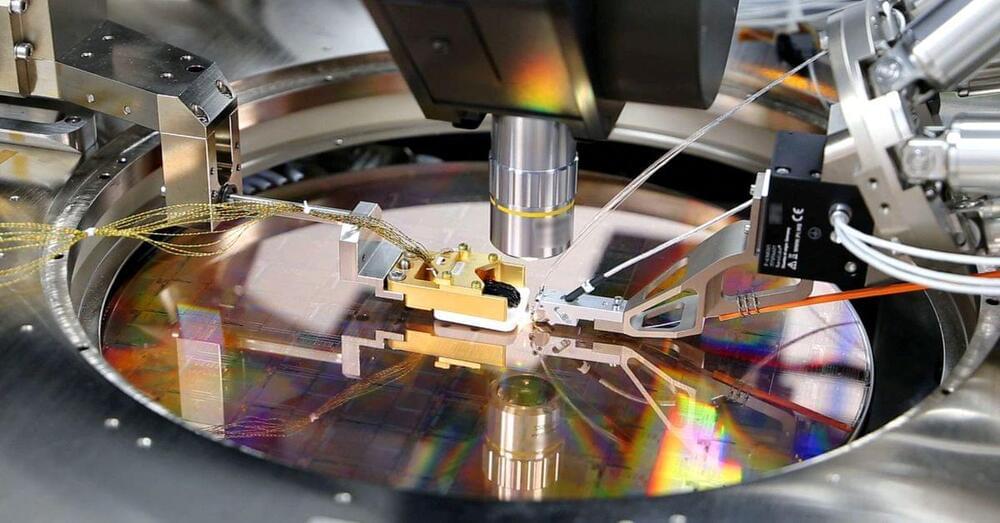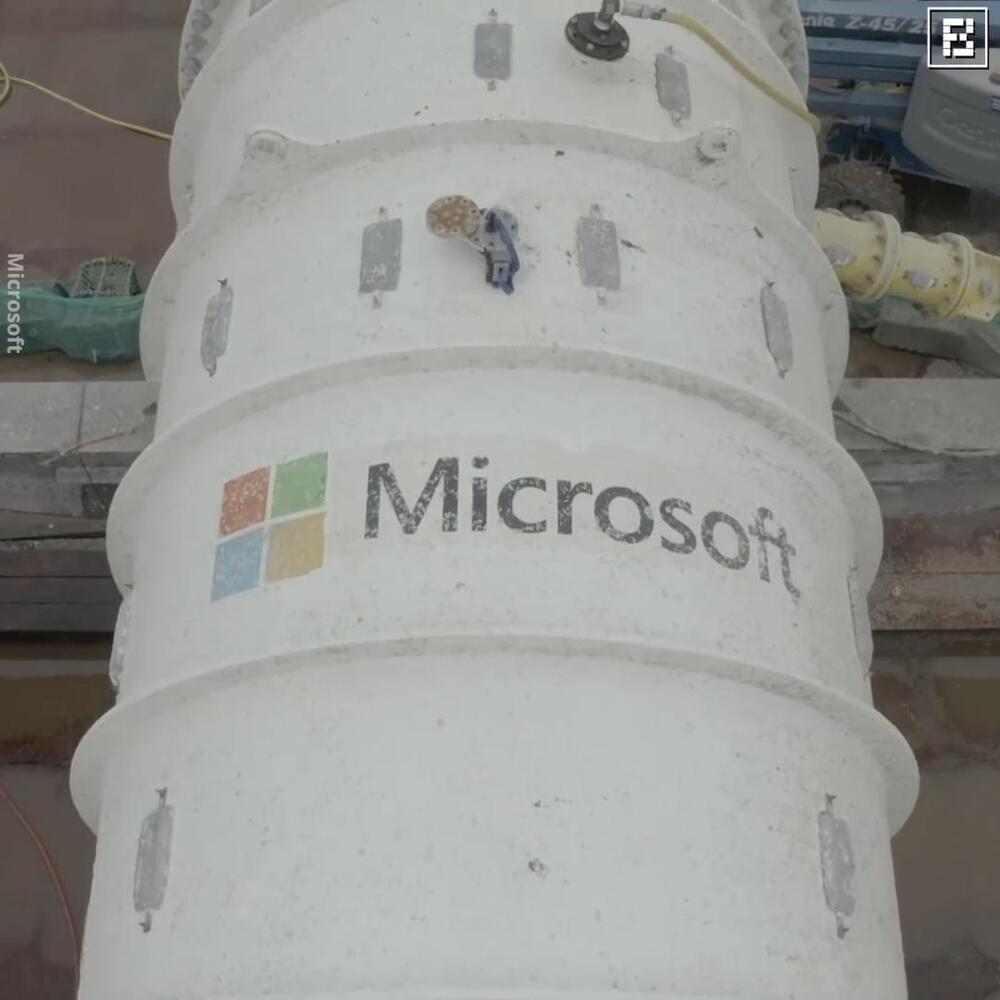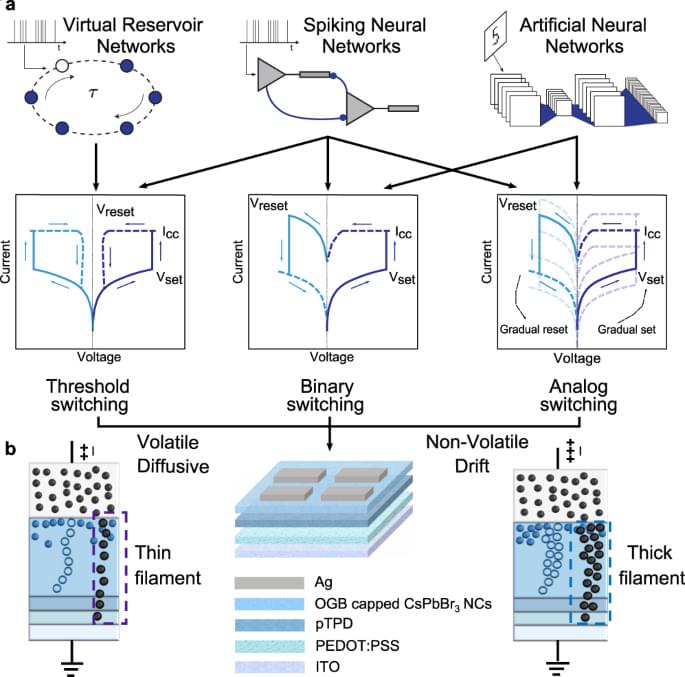The world’s first real-time brain-sensing wearable, allows users to take control of their world with a single thought. Get yours today and join us in building the first generation of mind-enabled experiences.
Available for order at $399.
Follow us:
Twitter: https://twitter.com/nextmind.
Linkedin: https://www.linkedin.com/company/11251811/
Facebook: https://www.facebook.com/nextmindlab/
Instagram: https://www.instagram.com/nextmindlab/
Film director — Nicolas Gazeau.
Music — Jérôme Fagnet.
Production — Content Factory by Prodigious.
–
NextMind is a neurotech startup changing the way people interact with the world. Our real-time Brain-Computer Interface brought BCI technology out of the lab and to the masses.
We’re working with creative developers and businesses around the world to explore the applications of our Brain-Computer Interface in entertainment, gaming, industry, and consumer tech. Join us in building the mind-enabled experiences of tomorrow.





